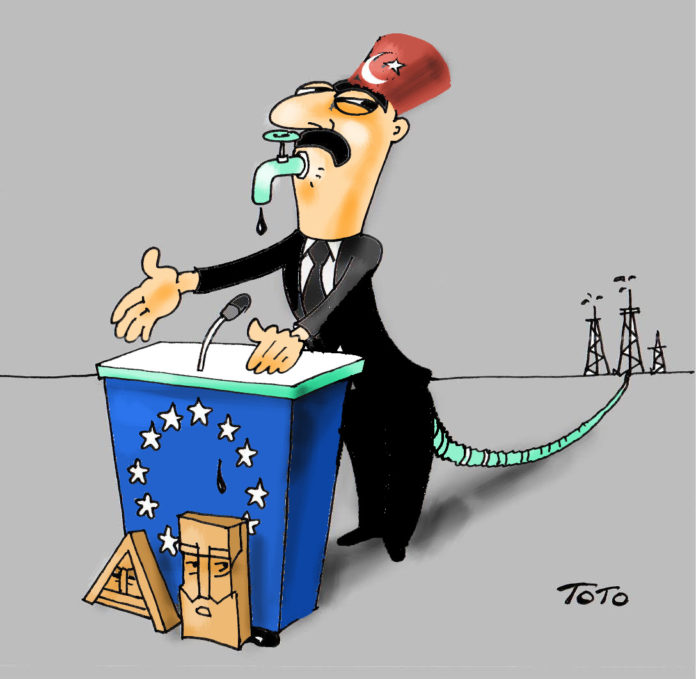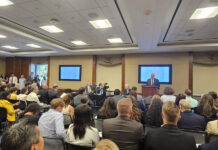The forthcoming Armenia-Azerbaijan negotiations are the extension of the Armenian-Turkish talks, which started with the assurances that there will be no preconditions. Ankara moved the negotiations to a related field, where pre-conditions emerged. While Turkey was insisting on no preconditions, in the meantime, it stated that it was coordinating those talks with Azerbaijan.
After two rounds of Turkish-Armenian talks, from which “positive signs” emerged, it looks like these talks are temporarily suspended, pending the outcome of talks between Nikol Pashinyan and Ilham Aliyev in Brussels on April 6 (after press time). This way, Turkish leader Recep Tayyip Erdogan is off the hook vis-à-vis the Biden administration, which initially had asked Mr. Erdogan to normalize its strained relations with Armenia. Should the Pashinyan-Aliyev talks fail to produce any concrete results, Turkey will have ample opportunity to blame the Armenian side.
In preparation for the April 6 summit, Pashinyan made an extensive presentation before Armenia’s Security Council, where he outlined the major issues. He revealed that the country faces a tough situation, as Baku has sent a five-point peace plan, with a warning that if a peace treaty is not signed immediately, the next step would be war.
Yet many outstanding issues between the two countries have not been resolved and conditions set by the November 9, 2020 tripartite declaration have not been met: the refugees have not been resettled, the Armenian POWs have not been released, and Azerbaijani forces have not been moved out of Armenia’s Sev Lij region and other border areas, among others.
Yerevan has agreed to the negotiations, even though one of the five points in the Azerbaijani proposal is the mutual agreement to the territorial integrity of both countries.
This signifies that Armenia will have to agree to the premise that Karabakh is part of Azerbaijan. In short, the destiny of the Karabakh people is on the chopping block.








